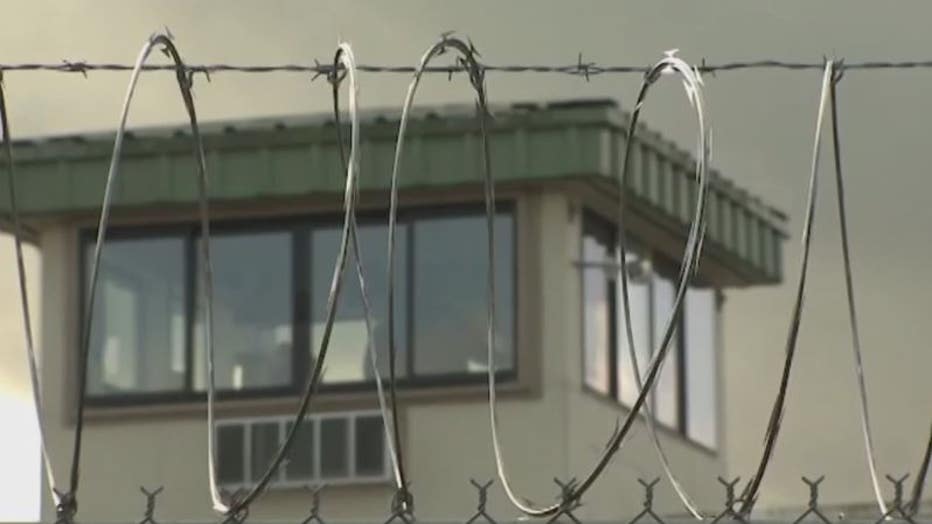Prison reform group wants shorter sentences for inmates who earn credits through rehabilitation
Coalition works to reduce incarceration time with prison reform
On Wednesday, Hope United Methodist Church played host to a meeting of the Liberty and Justice For All Coalition. It is a group of organizations that want to cut Michigan’s incarceration rate in half by 2030.
DETROIT (FOX 2) - There is a call for action to get more people out of Michigan prisons.
The Michigan Department of Corrections says it costs about $46,000 per year to keep someone in prison. The people behind a prison reform coalition believe that money could better be used in rehabilitation and education.
"The last time we were in this actual building, we were laying my sister to rest at 19 years old - she died from a gunshot wound," said Royalty Caparaotta.
Royalty, a recording artist, lost her 19-year-old sister in 2007. She was murdered by a then-17-year-old boy.
"That day my mother and someone else’s mother both lost a child," she said. "And unfortunately this 17-year-old boy from a very small child, had no family, no friends, no family, no support. And of course when he found support on the streets, and they asked him to do something, of course he’s going to do that. And the law punished him so severely, he will never see the light of day."
Despite losing the sister she loved so much, she is fighting for her sister’s killer and other prisoners to have a second chance - if they can be rehabilitated and deserve to be released.
"His life was over before he ever met my sister," she said. "And no one cares that a lot of times, crimes are committed based on circumstance - not just because someone is an evil person or a bad person. We throw them away, we don’t lead with any kind of love, any kind of compassion."
On Wednesday, Hope United Methodist Church played host to a meeting of the Liberty and Justice For All Coalition. It is a group of organizations that want to cut Michigan’s incarceration rate in half by 2030.
The group is collecting thousands of signatures for a state-wide ballot initiative to reduce prison time through what are called good time credits.
"You would get time off credits for education, so that is earning a college degree or your certificate," said Ken Whittaker, Michigan United. "Additional credits for good behavior, military veterans and those sentenced to jail as minors."
The coalition's message is that allowing people to go home if they can, is best for everyone.
"The bottom line is if you do something wrong you should be incarcerated," said Bishop Herman Starks, Michigan United. "The question is, what are we going to do while the individual is incarcerated. What happened to cause this individual to act in that manner."
"I worked everyday face-to-face with those who are incarcerated," said Dr. Shawna Reynolds, coalition member. "Now with my own nonprofit, I get to work with those people. And former people I used to see inside, work with me by my side."
The coalition needs about 340,000 signatures although their goal is 500,000. They want to get them turned in by the end of May, but the deadline is June 1.


